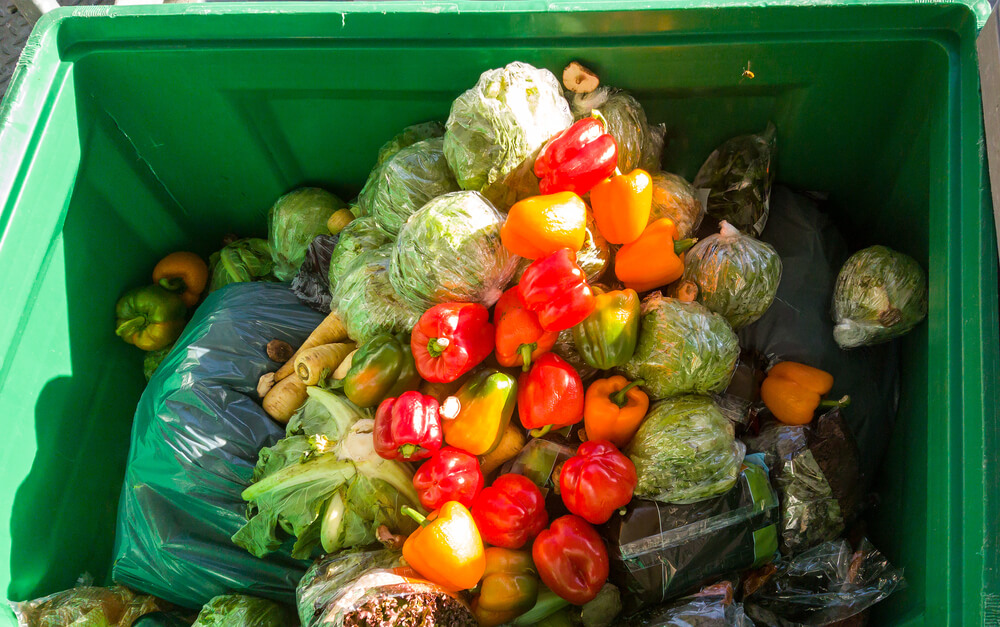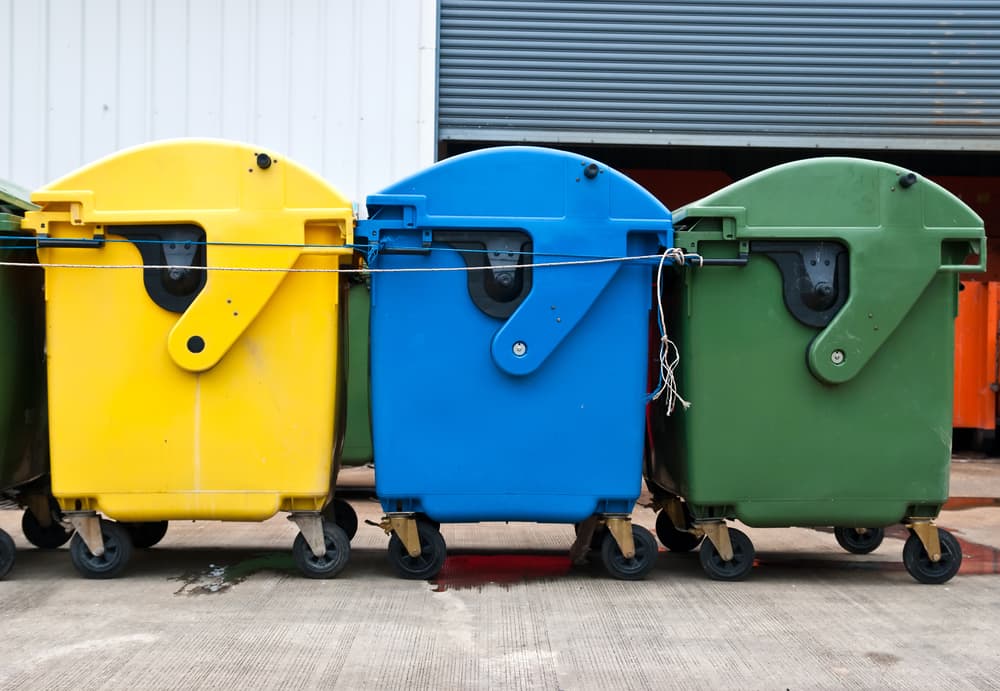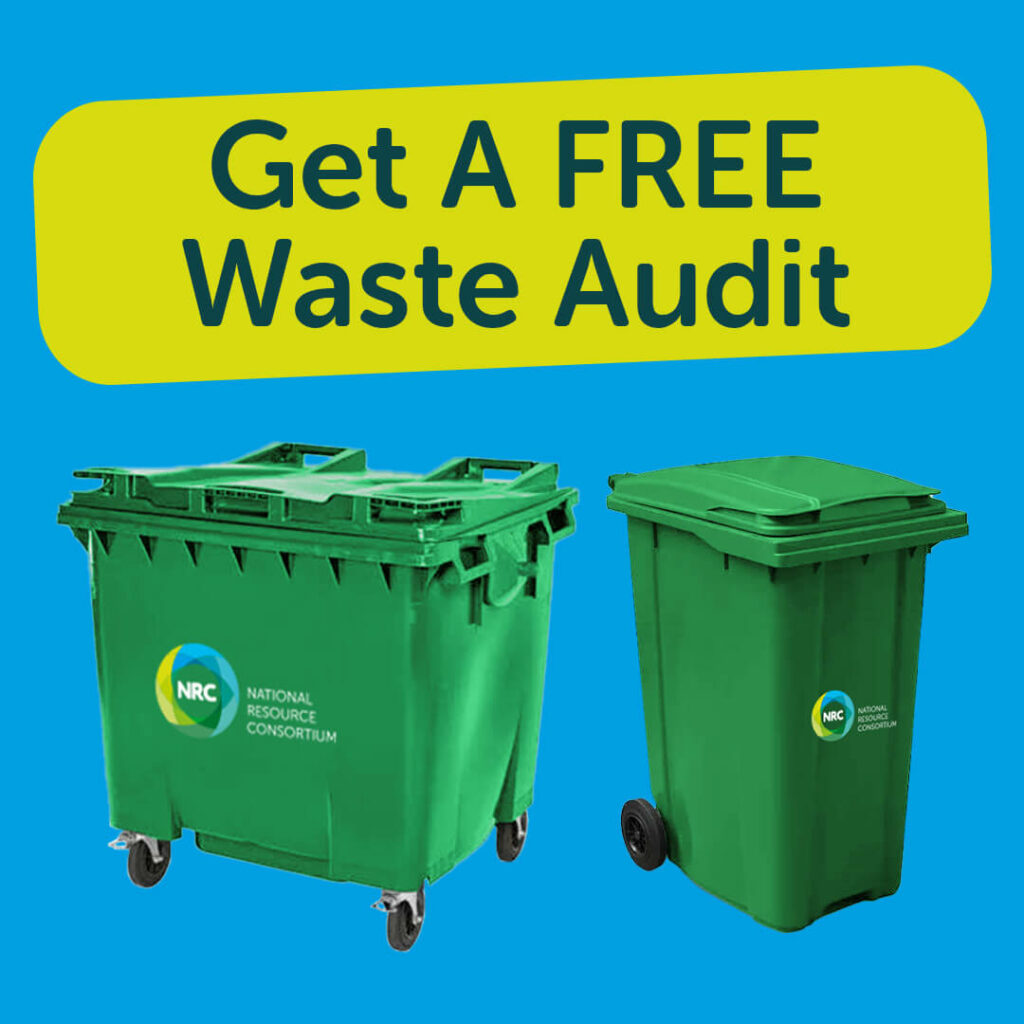May 9th, 2024

In the bustling world of business, efficiency and productivity are often the watchwords. However, there’s one often overlooked aspect that deserves our attention: food waste.
In various sectors, from hospitality to retail, businesses are grappling with the challenge of managing surplus food. But why should this matter to businesses, and not just be seen as an inevitable cost of operations?
At NRC, we believe in bringing critical issues to the forefront, and food waste in businesses is a challenge that needs ongoing action. But here’s the big question – why?
This blog aims to unravel the complexities of food waste within the business sector, examining its impact on not just the bottom line, but also on the environment and society.
Key Points
Environmental Impacts of Food Waste
Food waste has become a pressing global issue with significant environmental impacts. From the production and distribution of food to its disposal, the environmental consequences of wasting food are far-reaching and detrimental.
Greenhouse Gas Emissions
Food waste contributes significantly to greenhouse gas emissions, primarily through the release of methane during decomposition. When food waste is sent to landfills, the lack of oxygen causes organic matter to break down anaerobically, producing methane, a potent greenhouse gas that’s 80 times more harmful than carbon dioxide (UN Environment Programme). With 9.5 million tonnes of food waste being thrown away in the UK each year (Wrap), it’s clear how big this issue is.
Natural Resources Depletion
Food waste can significantly deplete natural resources such as water, energy, and fuel. The wastage of fresh water is a result of food being discarded at various stages of the supply chain, from production to consumption.
This further contributes to water scarcity and the depletion of water resources. In addition, transporting uneaten food consumes large amounts of fossil fuels, contributing to the depletion of these non-renewable resources. Moreover, food waste leads to the wastage of cropland, as resources such as land, water, and energy are used to produce food that is eventually thrown away.
Staggering figures and statistics highlight the severity of natural resource wastage due to food waste. It is estimated that approximately 1.3 billion tons of food is wasted globally each year (World Food Programme), which equates to about 25% of all water used for agriculture being wasted (World In Data). The production of uneaten food also consumes around 300 million barrels of oil each year. These alarming figures emphasise the urgent need to address food waste to mitigate its impact on natural resources.
Landfill Pollution
Food waste in landfills has significant environmental impacts. When organic matter such as food scraps decomposes in landfills, it releases methane gas, a potent greenhouse gas that contributes to climate change. Furthermore, the decomposition of food waste in landfills can also pollute water resources as the resulting liquid, known as leachate, can seep into the soil and contaminate groundwater. The accumulation of food waste in landfills not only contributes to environmental degradation but also hinders efforts to reduce, reuse, and recycle waste.
Impact on the Food Supply Chain
From farms to forks, every stage of the chain is affected by the loss and wastage of food. This not only represents a lost opportunity for feeding the growing global population but also strains our natural resources and exacerbates environmental challenges.
Increase in Food Production Costs
Surplus food has a significant impact on food production costs, with resources required to grow, harvest, transport, and prepare food ultimately wasted. The surplus food leads to increased production costs as all these resources are expended on food that will not be used.
This, in turn, puts additional strain on the food supply chain, as more resources are needed to meet the demand, leading to higher prices for consumers. As a result, this affects consumer’s purchasing power and can lead to food insecurity.
Food Waste Regulation Changes in England
In 2025, England will introduce new waste disposal regulations, as part of the Simpler Recycling initiative. Taking effect from March 31 2025, all businesses in England will have to separate their waste for recycling.
If your business generates more than 5kg of food waste per week, you will have to set up a dedicated waste disposal system. This means new bins and more collections. Need help preparing your company? Get in touch with our experts and we will work to give you a head start.
Sustainable Food Waste Management with NRC
Addressing the issue of food waste within the business sector is not just a moral obligation; it’s a strategic necessity. This is where NRC steps in.
Our commitment to sustainability is not just a part of our business model; it’s at the very heart of everything we do.
We specialise in providing comprehensive, sustainable food waste collection services tailored to the unique needs of businesses. Our innovative solutions are designed not only to reduce waste but also to transform it into valuable resources, thereby closing the loop in the food supply chain.
Get in touch today for your free waste audit and quote.





